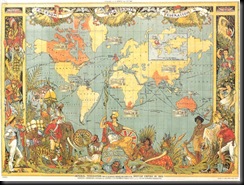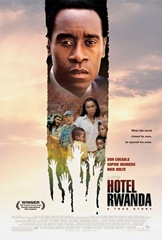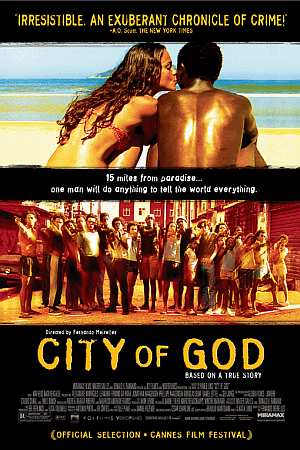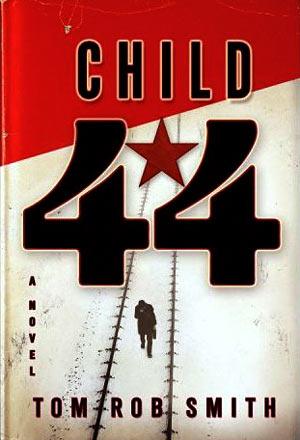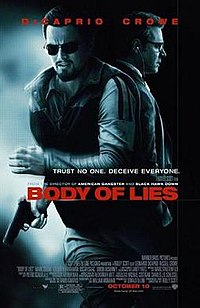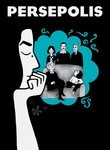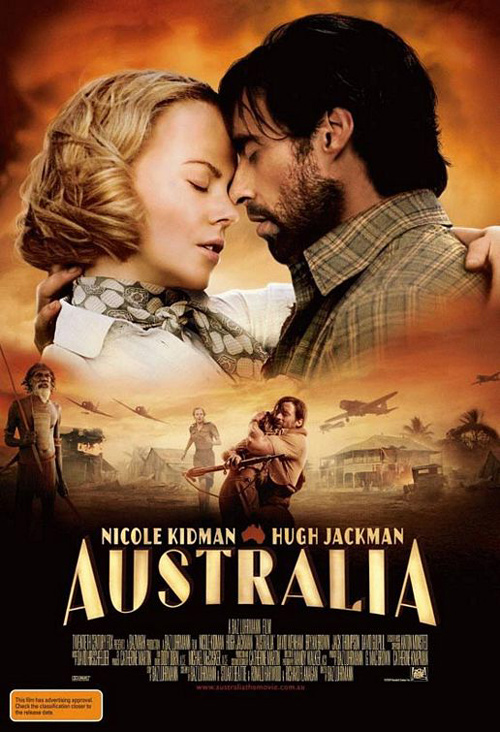
Australia presents a formidable landscape. A large island desert, a continent, and the world’s sixth largest country in area. According to the CIA World Factbook, Australia is only slightly smaller than the lower 48 United States with a population of a little more than 21 million people. Not very densely populated.
Australia has been inhabited for at least 40,000 years, populated by sea-faring people of the South Pacific. Ocean levels were much lower 40 millennia ago. While probably not possible to wade from island to island, the water levels were not deep enough to hinder the migration of people. The Aborigines developed cultures and languages well in advance of the European discovery of the continent.
Britain used Australia as a penal colony. However, we may not be talking about hardened criminals. Orphans, people who were unable to pay taxes or debts, general ne’er-do-wells, and yes, some real criminals were relocated to the island. Not long thereafter, Europeans, mostly British, Irish, and Scots were encouraged to relocate. And, as is usually the case when European arrive on a scene anywhere, they immediately announce themselves to be the superior race, and set about passing discriminatory legislation against the indigenous people.
The Commonwealth of Australia was created in 1901. In 1915, the Aborigines Protection Amending Act gave the Australian government the power to forcibly remove Aborigine children from their parents, under the aegis that Aboriginal parents were not capable of raising children properly. Somehow, the fact that the Aborigines had managed to do this for thousands of years escaped the new Australian government. This “Stolen Generation,” which is a misnomer as many generations were “stolen,” would not end until 1973. The Australian Parliament would issue an apology in 2008 for the treatment of Aboriginal families.
To be black in Australia, and by black I mean Aboriginal, or a woman, means different treatment. A “boonga,” (Aborigine man) does not get to drink in a saloon, and Aborigine women are servants. Laborers and servants are the occupations available to Aborigine adults. White women, while able to drink, have their own “lounge” in a space adjacent to the main saloon.
To be a “creamy,” a half-breed child, means a different fate. “Coppers” patrol towns and villages looking for mixed-ancestry children. These children are sent to Christian missions, or to re-education schools scattered in the south.
The Aborigines struggle to maintain their culture vis-a-vis British Imperialism. Many Aborigines choose to remain distant rather than integrate. British who befriend blacks are also marked, and can be treated no differently than if they were Aborigine themselves.
Cattle was, and still is, big business in Australia. Beef cattle were ranched to supply soldiers during World War I and World War II, and in between satisfy the desire for beef across Europe. Thousands of acres are required for ranching and the cattle stations are enormous. In the early 18th century, some cattle stations were well over 300,000 acres, and the closest neighbor might be 200 miles away or more. Children were educated by radio; transportation provided by truck or plane. The workforce and families employed on cattle stations tended to be very isolated.
Lady Sarah Ashley [Nicole Kidman] arrives to support her husband, Maitland. She arrives after his untimely death at the end of spear, wielded by Neil Fletcher [David Wenham], which sets the movie into motion. Unable now to move the cattle her husband had intended to move to Darwin, a drive that would restore their cattle station, Faraway Downs, to prominence, Lady Ashley enlists the aid of a hired hand, known only as The Drover [Hugh Jackman]. With the aid of the young Aboriginal boy, Nullah, the accountant, Kipling Flynn, and the brother of the Drover’s dead wife, Goolaj, the team successfully overcome human and environmental challenges to deliver 1,500 head of cattle to Darwin.
Should children be allowed to wander in the wilderness, especially on a continent loaded with deadly snakes, spiders, crocodiles, and cheecky kangaroos? How else does an Aboriginal boy become a man? Nullah, a “creamy,” fashions himself a mystic, a magic man, a Gulapa. He also feels the pull of walkabout, a journey aided by his grandfather, King George, the end of which will confer the mantle of manhood. The Drover – the British – have horses; the Aborigines have walkabout to prove themselves.
The movie may be troubling to those of Aboriginal or Torres Strait Islander ancestry or culture. Dead are not to be named, not to be mentioned within these cutlures, and dead are mentioned within the movie. The movie begins with this warning.
Cinematically, the film carried the personal and the epic aspects of the film equally well. From the growth of the intimate relationship between Lady Ashley and the Drover, to the cattle drive, and later, the Japanese attack on Darwin, the movie moves well between the grand scope and personal motivations of Ashley, Drover, and Nullah. Initially somewhat campy and follicking, Australia settles in for an enjoyable and poignant tale of historical Australia.
Running time is almost 3hrs but it goes fast.
Rated PG-13 for the some harsh language, violence, the F-word at the end, and some lovey-dovey between Ashley and the Drover.

